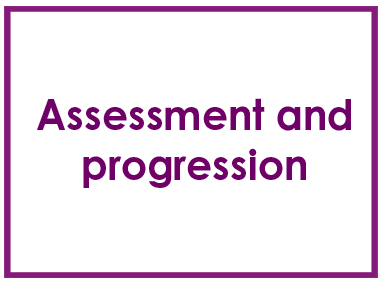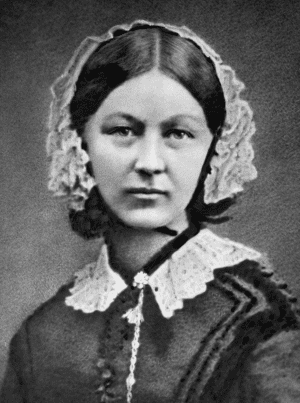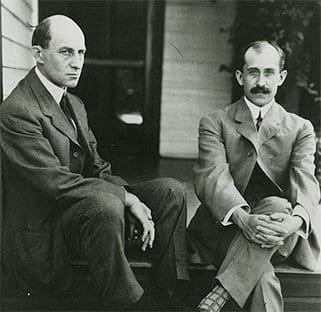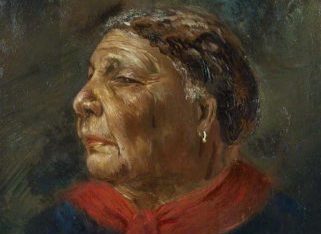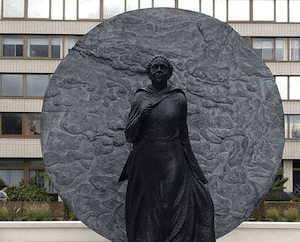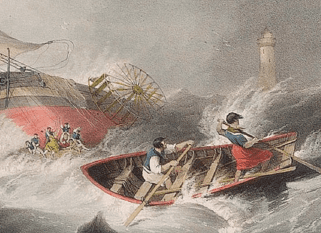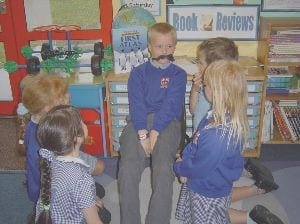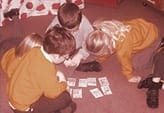
History offers an excellent context for developing many of the worthwhile skills and understanding that form part of the citizenship curriculum. If you want your pupils to see two sides of an argument then this is exactly what history offers. If you want them to be tolerant of others views and see that things can be seen differently from others’ standpoints, then history gives you lots of opportunities to develop this important disposition for life. If you want them to avoid rushing to conclusions, then you will find that history trains young minds to avoid saying things that they cannot back up with evidence. So let’s have a look in more detail.
What it involves:
- Opportunities to practise critical thinking skills
- Helping children to understand about democracy
- Preparing children to be active and participative
- Helping children to become sensitive to, and tolerant of, diversity and be concerned with social justice

